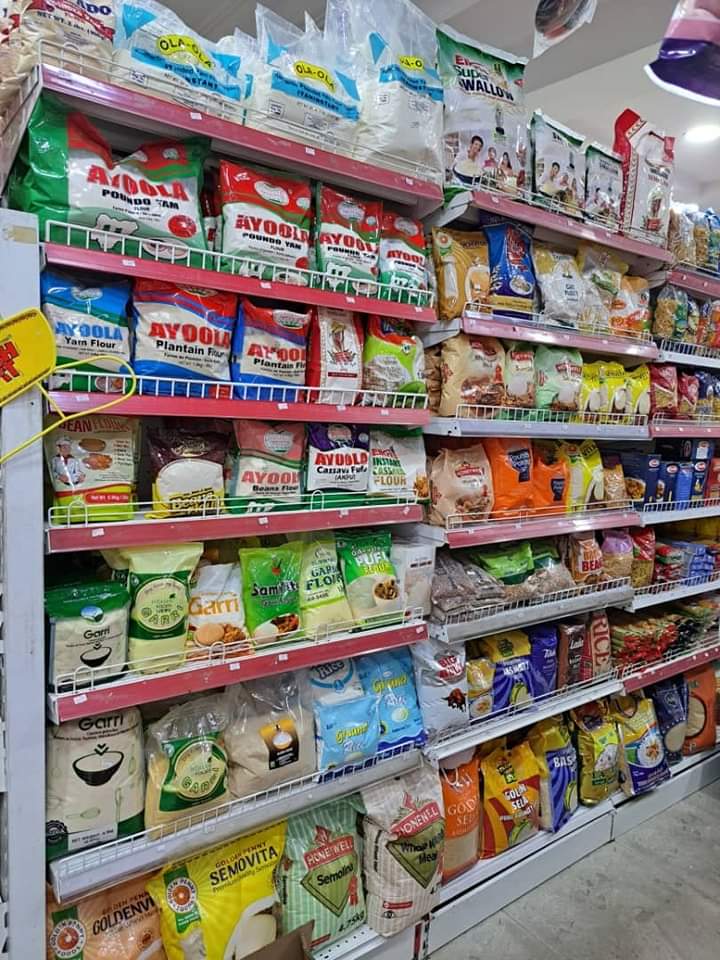With the soaring cost of imported goods and a weakening naira, Nigerians are increasingly turning to made-in-Nigeria products, not just by choice—but by necessity. What used to be a preference for foreign brands has now become a financial impossibility for many, sparking a quiet revolution in consumer behavior.
This evolving trend was spotlighted in a recent episode of the Drinks and Mics podcast, hosted by Ugodre Obi-Chukwu, with co-hosts Arnold Dublin-Green and Tunji Andrews. The episode featured Oler Oladele, founder of MoneyWit Club, who offered a compelling look at how Nigerian families are adjusting to a tighter economy.
“The Real Impact Is on Real People”
“When we talk about macroeconomic numbers, it’s easy to forget the real people behind them,” Oler said. “Beyond GDP and forex fluctuations, we have to ask: how are Nigerians actually living?”
The answer, she explained, is reflected in changing habits at supermarkets and in homes. “Shopping trips to Dubai, importing goods from the U.S.—those habits are fading,” Oler noted. Instead, families are choosing local alternatives, shifting toward affordable, locally-produced items in everything from cereal to cleaning supplies.
Imports Drop as Consumers Adjust
Data supports this transformation. Nigeria recently recorded a balance of payments surplus, not due to booming exports, but because imports have significantly declined. This signals a deeper shift in consumption patterns as more Nigerians opt for local substitutes.
“Imported inflation isn’t biting the same way anymore because people aren’t buying imported products,” said co-host Tunji Andrews. He recalled a moment at the supermarket when he unknowingly picked an imported cereal brand, only to be surprised that a Nigerian version existed—and was just as good.
Economic Reforms and Rising Costs
This shift is taking place against the backdrop of sweeping economic reforms introduced by President Bola Tinubu since taking office in May 2023. These include the removal of fuel subsidies, unification of exchange rates, and partial withdrawal of electricity subsidies.
While these reforms have earned praise for boosting investor confidence and streamlining Nigeria’s economic policy, they have also driven inflation to a 20-year high, peaking at 34.8% in early 2025. Rising prices for fuel, food, and energy have placed a heavy burden on households.
“Petrol remains the biggest strain,” Oler said. “Even if global oil prices fall, a weak naira still makes local fuel prices unbearable.”
The Rise of Humility and Resilience
Beneath the data lies a deeper story—one of resilience, adaptability, and economic humility.
“People can’t afford brand-new cars anymore, but it goes beyond big-ticket items,” Oler explained. “Even buying something as simple as kitchen towels has changed. In many homes, nannies now influence brand choices because they know what’s affordable.”
She noted that this isn’t just about switching brands—it’s about re-evaluating needs entirely. “Unless you’ve stopped eating out and started doing your own shopping, you might not realize how drastically things have changed.”
Ugodre raised a timely question: Is the exchange rate still the biggest threat to Nigerian households?
Oler’s response? “Not in the same way. People have learned to navigate around it. The way we consume has changed.”
Adaptation: The Real Economic Shift
This quiet transformation might be Nigeria’s most profound economic shift yet. While policy reforms shape headlines, it’s the lived experiences of Nigerians—the small sacrifices, the local alternatives, the inventive workarounds—that tell the real story.
“It’s not just theory anymore,” Oler concluded. “Everyday Nigerians are adapting. And in that adaptation lies the real face of Nigeria’s economic evolution.”

